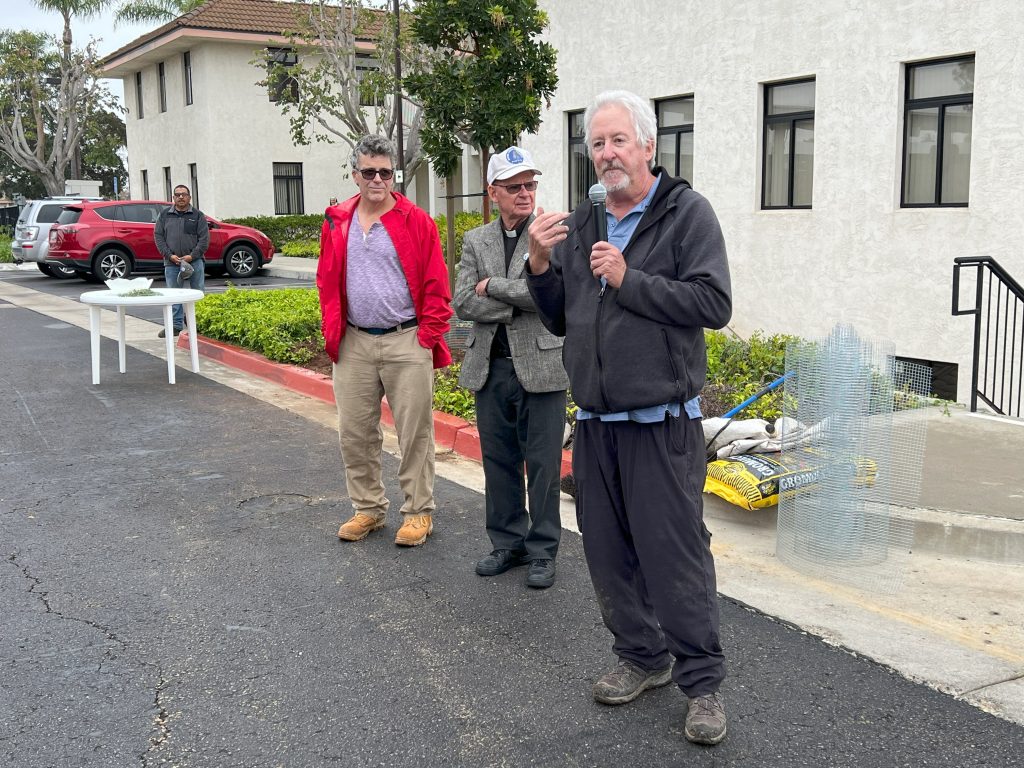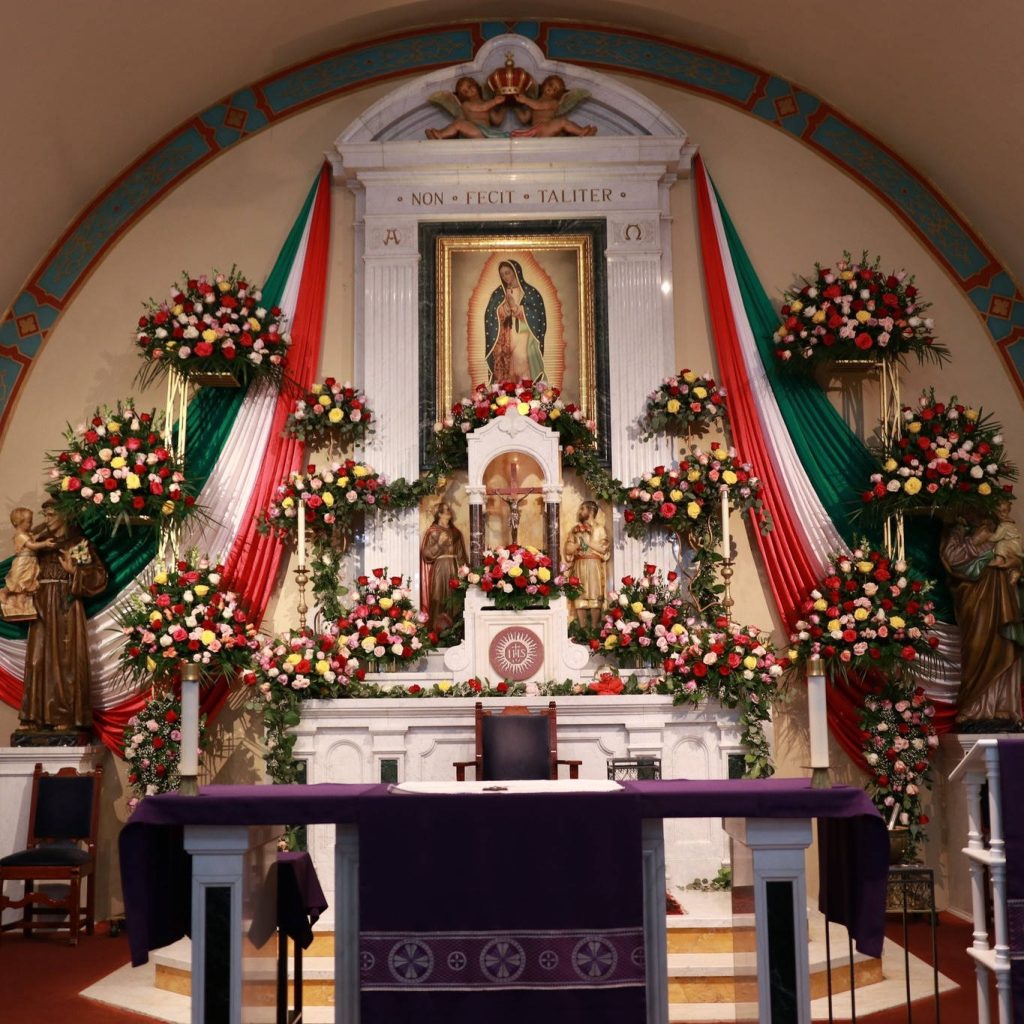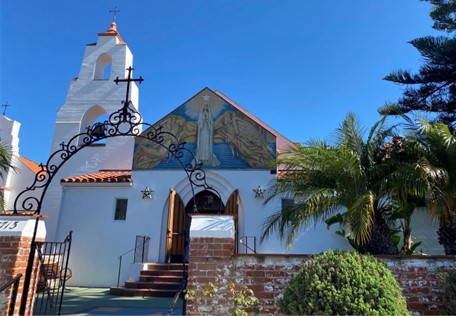SAN DIEGO — Paulist Father Bart Landry is the pastor of St. Gregory the Great Parish in Scripps Ranch.
Father Landry, 54, has served in that role since July of last year.
Born in Church Point, Louisiana, to a Southern Baptist father and a Catholic mother, he was ordained to the priesthood on May 19, 2007, in New York City.
At the time of his appointment as pastor of St. Gregory the Great Parish, he was serving as a full-time evangelization minister (mission preaching and parish revivals) for the Paulist Fathers and as the coordinator for the Black Catholic Ministry in the Diocese of Sacramento.
Question: When did you first feel called to religious life?
Answer: At the age of 14, I entered Divine Word High School Seminary in Wisconsin. I did so mostly out of curiosity, because I don’t think that I had the language or the understanding at that time to articulate a call from God.
After high school, I did four years of undergraduate studies, earning a bachelor’s in philosophy. Then, I entered St. Bernard Abbey in Cullman, Alabama, to become a Benedictine monk.
What appealed to you about the Benedictines?
It’s a very rewarding and beautiful life. What drew me in was the rhythm of life, called the “Horarium,” that I found there. The day is punctuated with moments when everyone comes together in prayer as a community.
Why did you leave the monastery? What led you to the Paulists?
After almost 15 years at the Benedictine monastery, I felt called to be more apostolic, especially in terms of evangelization. Feeling drawn to more missionary activity, I visited several religious communities and, among them, I felt that it was with the Paulists that my gifts and talents would be best utilized.
I’ve been a Paulist for about 22 years. We’re a missionary community, though we are strictly missionaries within the United States. We focus on evangelization and spreading the word of God. We also reach out to those who may find themselves on the peripheries of the Church, and engage in ecumenical dialogue with our Christian sisters and brothers from other faith traditions.
Among the ways that Paulists engage in evangelization is through what’s called “mission preaching.” For some Paulists, mission preaching is their exclusive ministry. They travel across the country, accepting invitations to speak at parishes on a variety of topics.
My assignment before becoming pastor of St. Gregory the Great was in evangelization, so I did a lot of parish preaching, missions and revivals within the Black and African American communities.
What have you found most fulfilling about being a priest?
The people. I enjoy being with the people of God, working with them and sharing their journey of faith. I truly feel that their experiences have helped to shape me into the priest I am today. As long as I’m with the people of God, I am really happy and fulfilled – not just happy, because happiness is fleeting, but fulfilled.
I really can’t name any one thing that has given me pause or made me question my vocation over the years. Challenges – or I should say, issues – arise from day to day, but they’re usually laid to rest before sunset. God has never put me in a place where there were challenges so great that His grace did not overcome them. It’s a matter of trust and surrendering to God. All things work together for the glory of God.
What advice would you offer those who are trying to discern their vocation?
First and foremost, pay attention to the promptings of the Holy Spirit in recognizing your own gifts and talents, because you don’t join a religious community to simply have that community change you. You join a community so that you can contribute with your gifts and talents. Discern what those are, and then you will be more aware of how you will best live that out.
You spent 15 years with the Benedictines before deciding that that wasn’t your vocation. Presumably, you don’t view those years as “wasted” …
Not at all. The Lord puts us in life situations where we need to be. We bloom in the garden where He plants us until He decides that He wants to transplant us somewhere else. We must try to do our best at every stage.
You may enter religious life as a Benedictine monk, whose primary charism is contemplation. And while you are there, you learn, as I did, to really root yourself in a deep personal prayer life, focusing on solitude and the quietness, the stillness, and the simplicity of God’s voice in silence. I still use those gifts, that foundation for personal prayer. It’s still valuable to me in my life as a Paulist priest.









